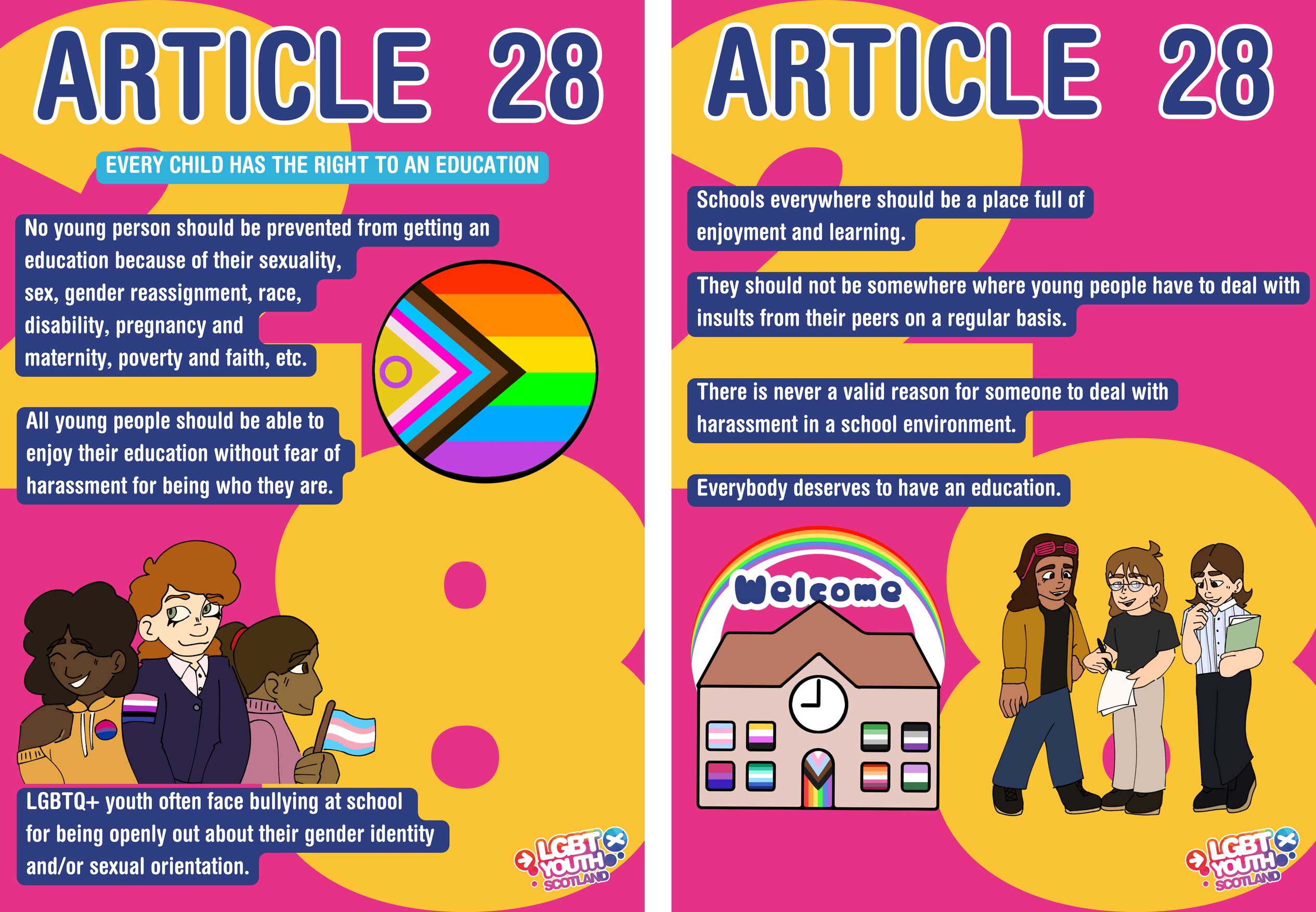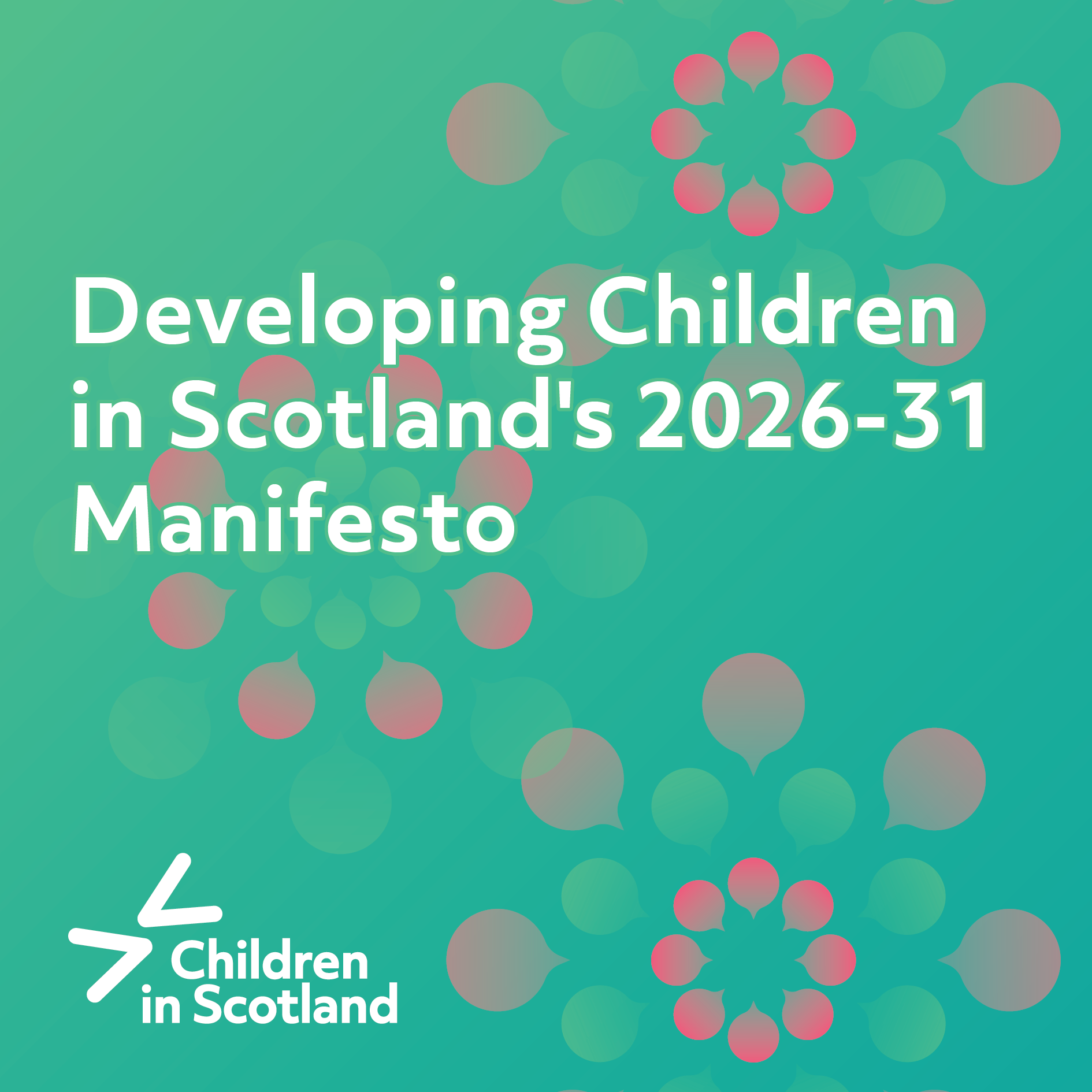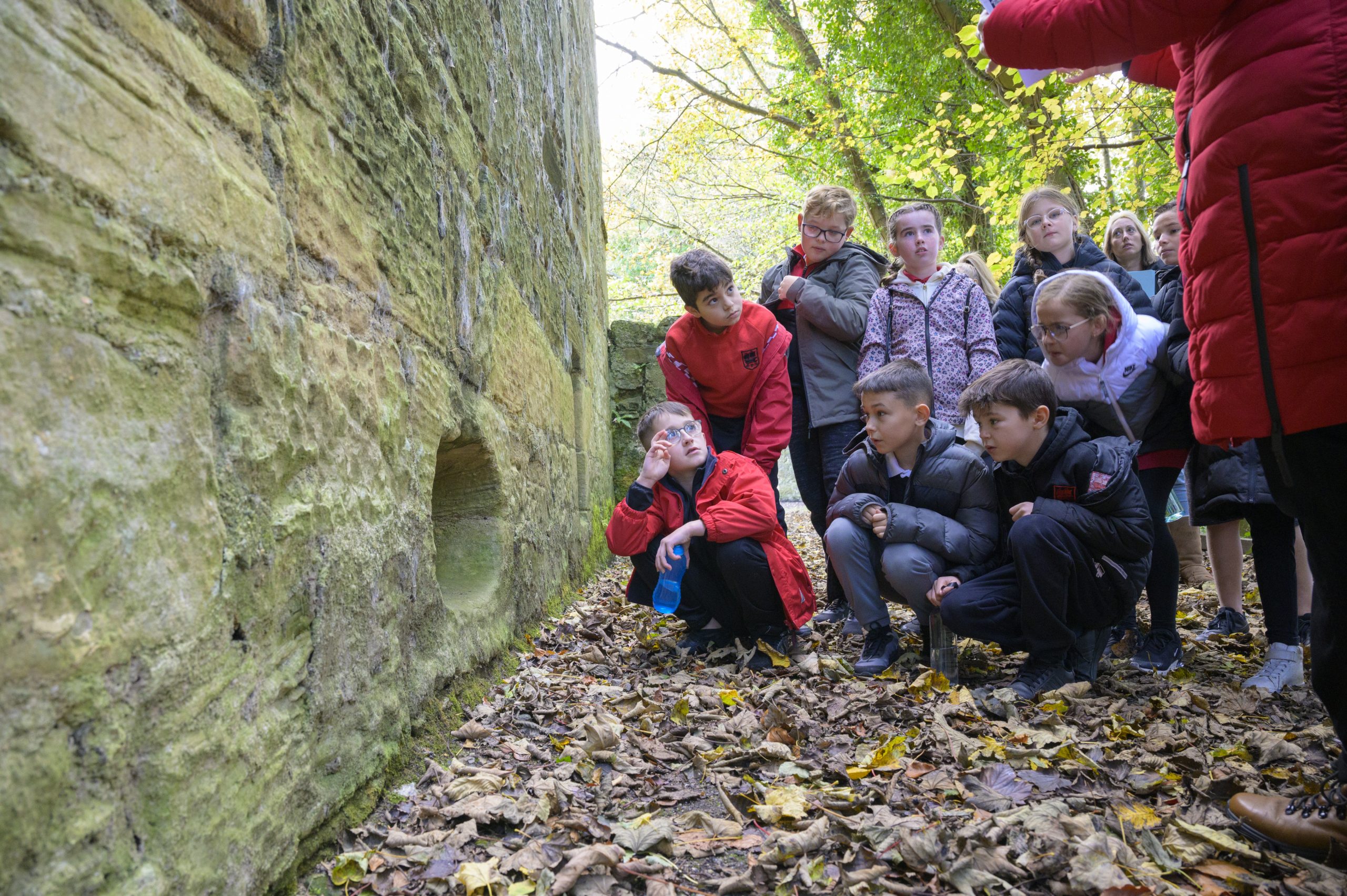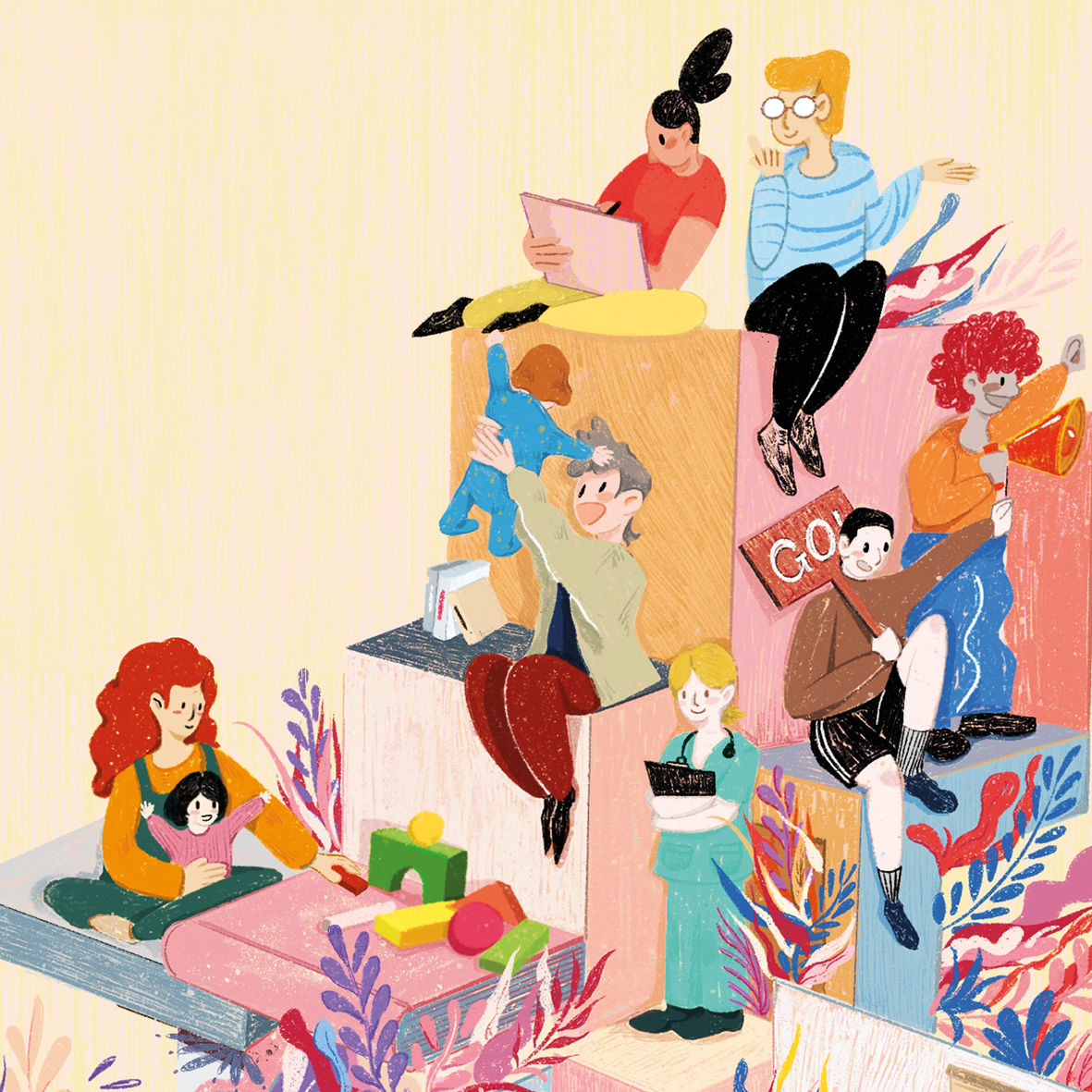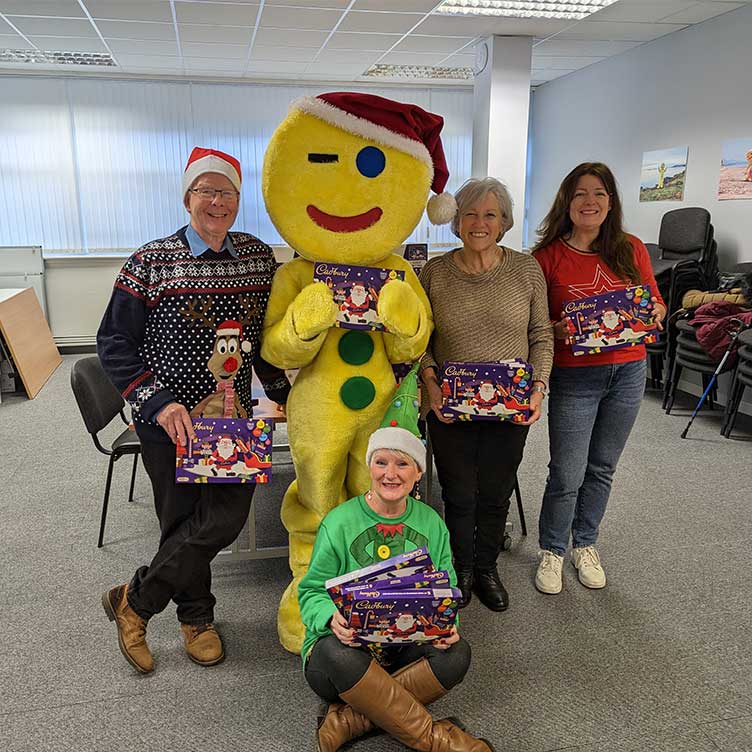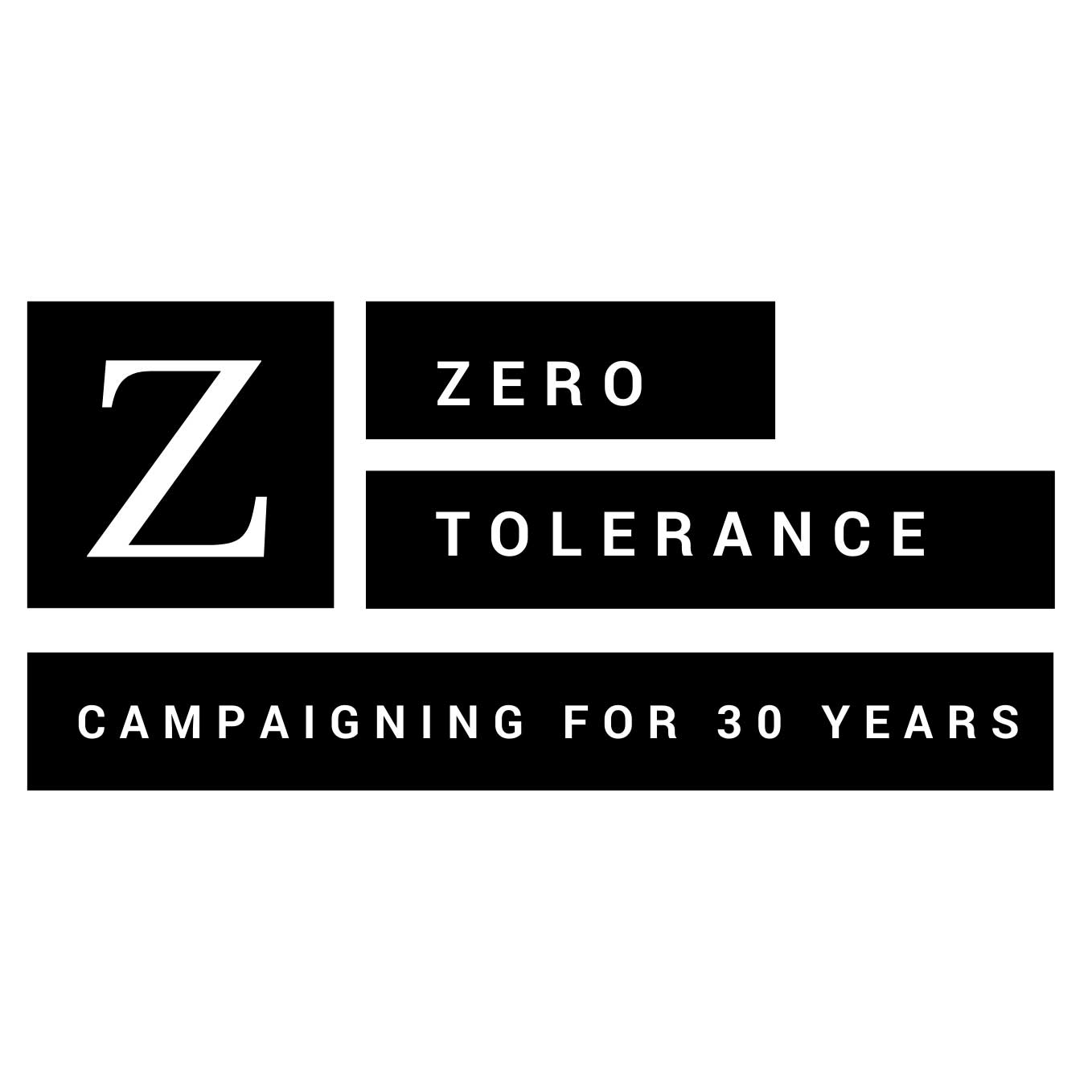10 achievements, highlights and special moments of 2024
23 Dec 2024
Over the past 12 months, Children in Scotland staff have worked tirelessly to deliver essential support for the children's sector, bringing together members for networking opportunities, providing quality training on a range of topics, and working directly with children and young people to ensure their voices and views are heard.
As we prepare to wind down for a well-deserved festive break, here, we explore just a few of our 2024 highlights.
We launched an accessible new learning portal
Developed in partnership with The Open University (OU) in Scotland, we launched a new eLearning portal (click here for more) to help support practitioners across the children’s sector to learn new skills and expand their professional knowledge.
Offering a wide range of free courses, the portal has been curated to help meet practitioners’ learning needs, covering key areas such as education in the early years, additional support needs and mental health and wellbeing. Courses range from two to 24 hours, and thanks to the flexibility of distance learning, can be started, paused and restarted again at any time.
Click here to start exploring the new learning portal
A new report looked at the connection between live music and mental health
The Live Music and Mental Health project, delivered by Children in Scotland, Scottish Ensemble and the University of Stirling between May and October 2023, explored the barriers children and young people face when engaging with live music – and in March this year, we published the findings from the project to inspire musicians, music providers and venues to develop new approaches.
David Mackay, Children in Scotland’s Head of Policy, Projects and Participation, said: “The Live Music and Mental Health project report and findings will be of interest to anyone working on co-design projects with children and young people, and are particularly relevant for the arts and culture and mental health professionals.”
Click here to read the full report
Our Annual Conference 2024 was a huge success
In May, Children in Scotland’s Annual Conference 2024 saw more than 450 delegates, speakers and exhibitors come together at Murrayfield Stadium, Edinburgh, for two days of insightful workshops, keynote speeches and networking sessions. From discussions around children’s rights and AI to a visit from Natalie Don MSP – who stopped to chat with Changing our World, our vibrant children and young people’s advisory group – the conference was one of our most successful to date!
Tickets are already available for our Annual Conference 2025, which will be held on 28 and 29 May in Glasgow – click here to find out more
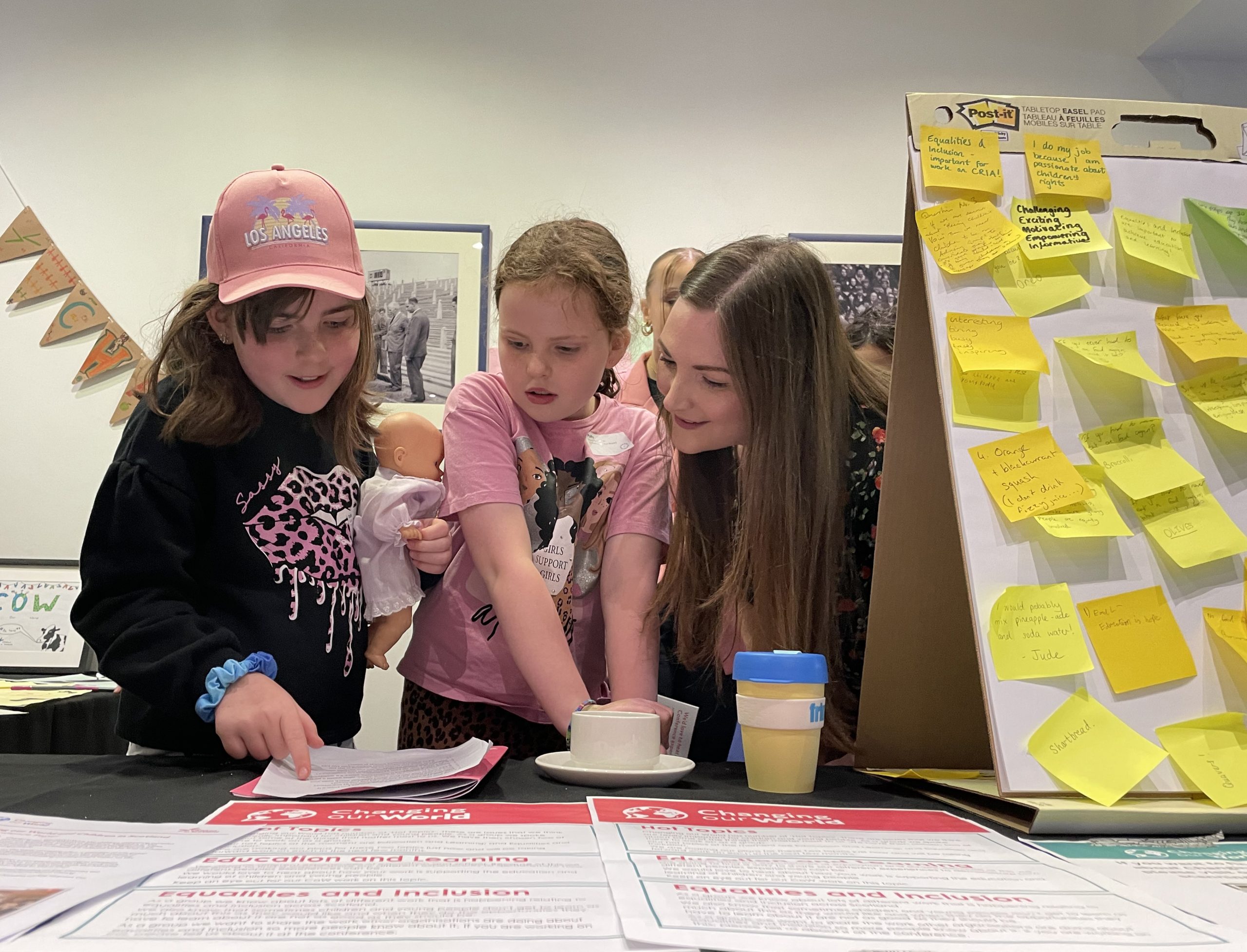
Wellbeing was our top priority
Here at Children in Scotland, we believe the workplace should be a happy and supportive environment, and we have put a range of positive policies in place to ensure our staff thrive in their roles. As well as offering flexi-time and hybrid working, we introduced a new employee-led ‘wellbeing working group’ earlier this year to better understand how we can improve wellness at work. The group holds regular Tea & Talk drop-in session to discuss a range of issues, and in the coming year, will look to further developing our work-life balance policies.
Changing our World was celebrated at the Scottish Children’s Health Awards
Our young people’s advisory group was recognised for the “extraordinary steps” it takes to advance the healthcare rights of children and young people at the Scottish Children’s Health Awards 2024, taking home the Healthcare Rights Award during a glittering awards ceremony. Children’s Health Scotland, the charity behind the Awards, said the judging panel recognised the importance of CoW being children-led, and praised the group for giving young people the opportunity to share their experiences and views.
Parisa Shirazi, Senior Policy, Projects and Participation Officer at Children in Scotland, who nominated CoW for the Healthcare Rights Award, said: “I see my job as providing support and structure for them to share their views in ways that work for them. I particularly enjoy seeing members grow in confidence in areas they initially would have felt more nervous about, such as public speaking and working with MSPs.”
We helped hundreds of professionals learn new skills
As part of our comprehensive Learning Programme, which includes in-person conferences and residentials, professional diplomas and online webinars, our amazing Learning & Events team hosted 30 external training events in 2024. From helping the sector better understand UNCRC incorporation to exploring executive function skills, our training covered a wide range of important topics.
Looking to learn in 2025? Between January and May, we have three in-person events and six online practice-sharing sessions available – click here to find out more
The Kiltwalk put us through our paces!
Led by our wonderful CEO Dr Judith Turbyne, our staff and supporters laced up their trainers for The Kiltwalk 2024, taking on the renowned Scottish challenge to raise vital funds to further the work we do with children and young people across Scotland. Completing both the Dundee and Edinburgh walks, our team of walkers raised more than £2,000 – a massive thank you to everyone for their generous donations!
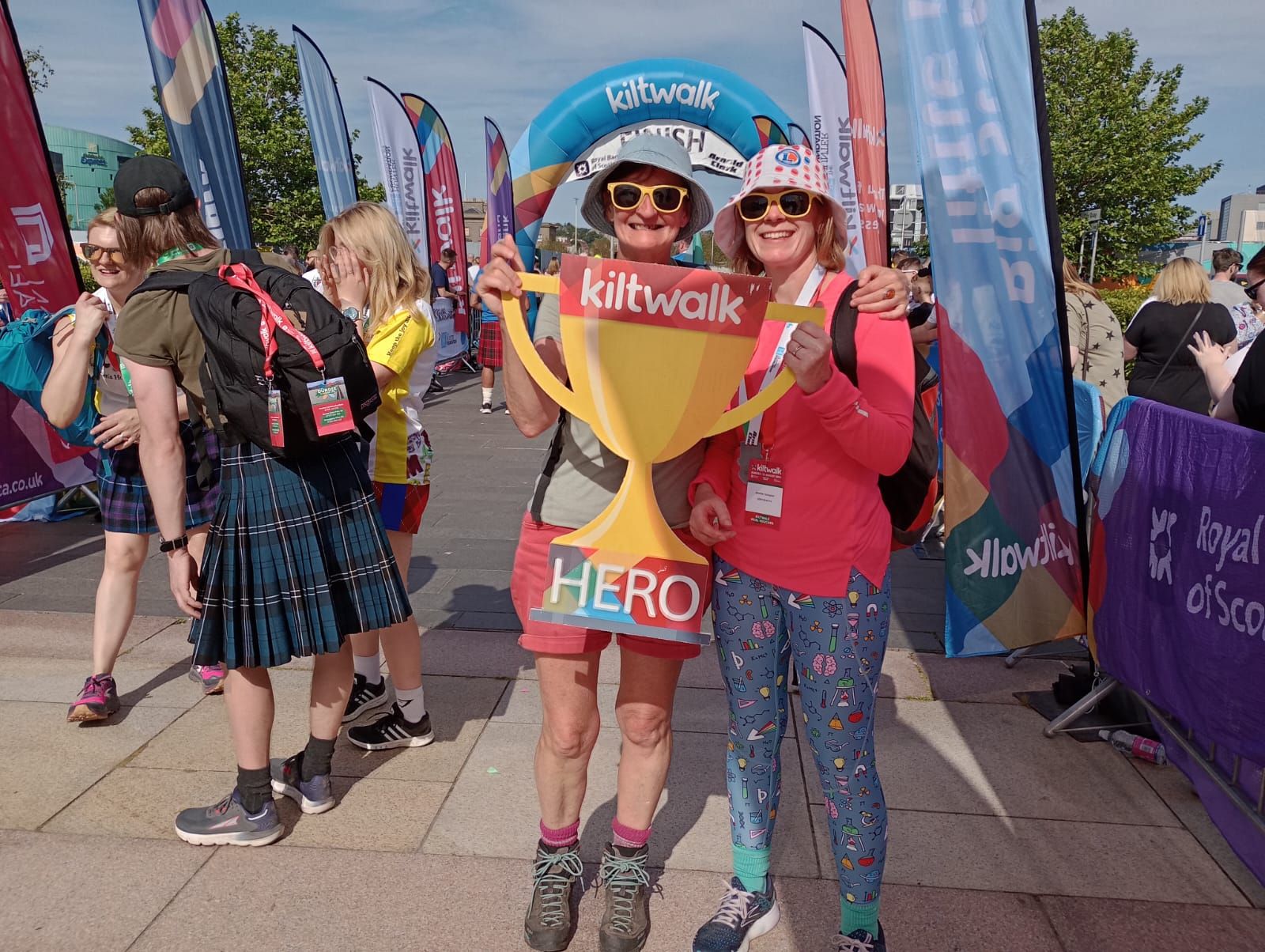
Our members came together online
In November, we launched a new LinkedIn group for Children in Scotland members, aiming to provide an online space where our vibrant membership community can converse, ask questions and share work with other individuals working in the sector. With more than 400 charities and third sector organisations in membership, we’re excited to see how the group grows in 2025!
Not joined yet? Click here to get involved
Pupil Support staff came together for our new learning programme
Developed in collaboration with children and young people with lived care experience, our new #KeepThePromise Pupil Support Staff learning programme was launched in November. Providing a platform to improve awareness and understanding of care experience and bring Pupil Support Staff together to network and share best practice, more events are planned for February and May, in addition to three free-to-access eLearning modules.
We started developing our next Manifesto with help from members
Our members bring a wealth of experience around supporting Scotland’s children, young people and families – so, when it came to updating our Manifesto, it only made sense to include their thoughts, feelings, aims and ambitions. At the end of this year, we began the process of developing our Manifesto for 2026 – 31 by hosting two online Voices Forum discussion sessions with our members, and we currently have an online survey where partners can contribute ideas.
You can still submit your views to the online until 23 December – click here to take part
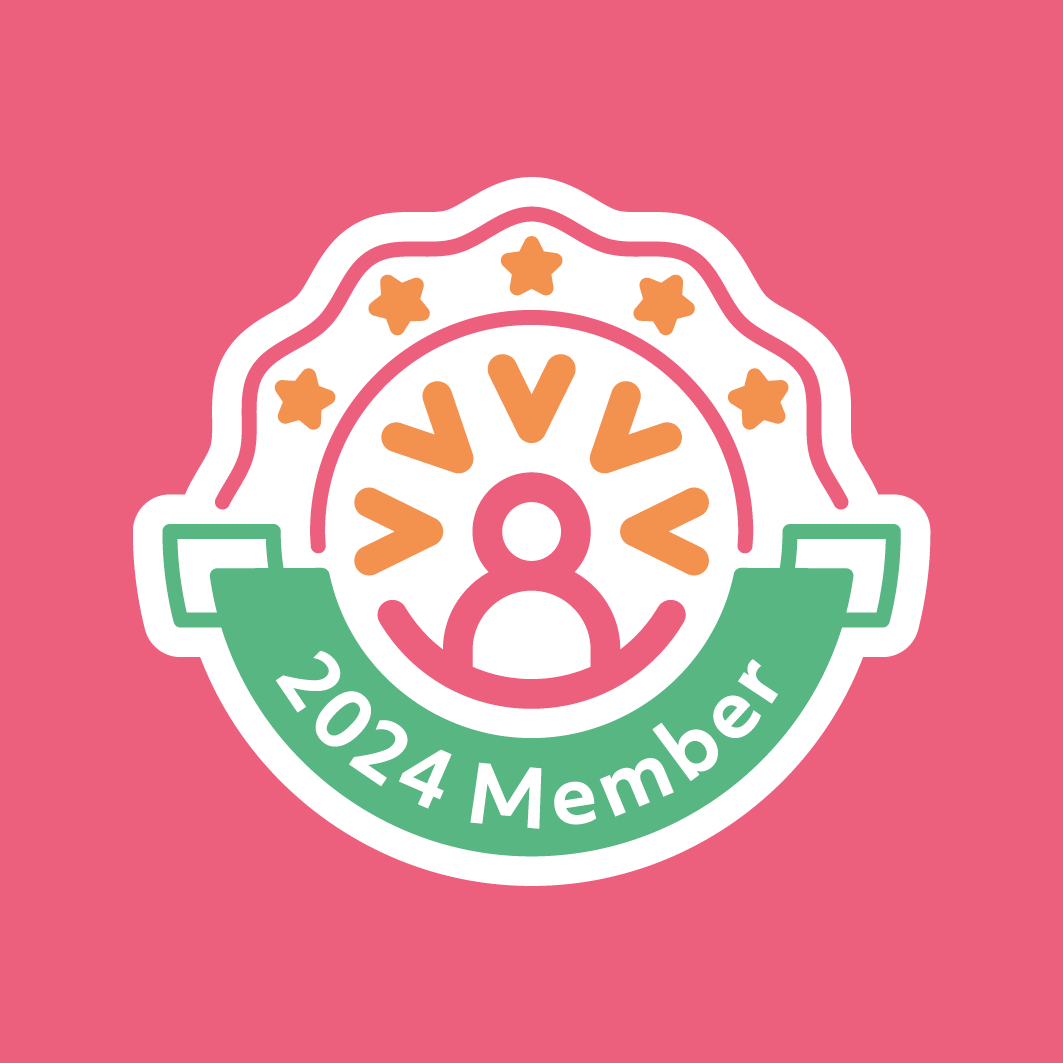
Our membership offer
Be part of the largest national children's sector membership organisation in Scotland
Click here for more

Annual Conference 2025
Making Space for Voices: Join our Annual Conference in Glasgow on 28 and 29 May 2025
Find out more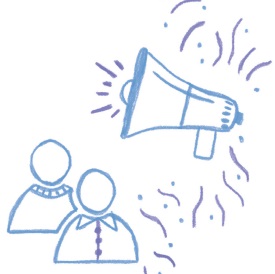
Creating Hope Togeher
Find out more about the work of the Suicide Prevention Youth Advisory Group
Click here for more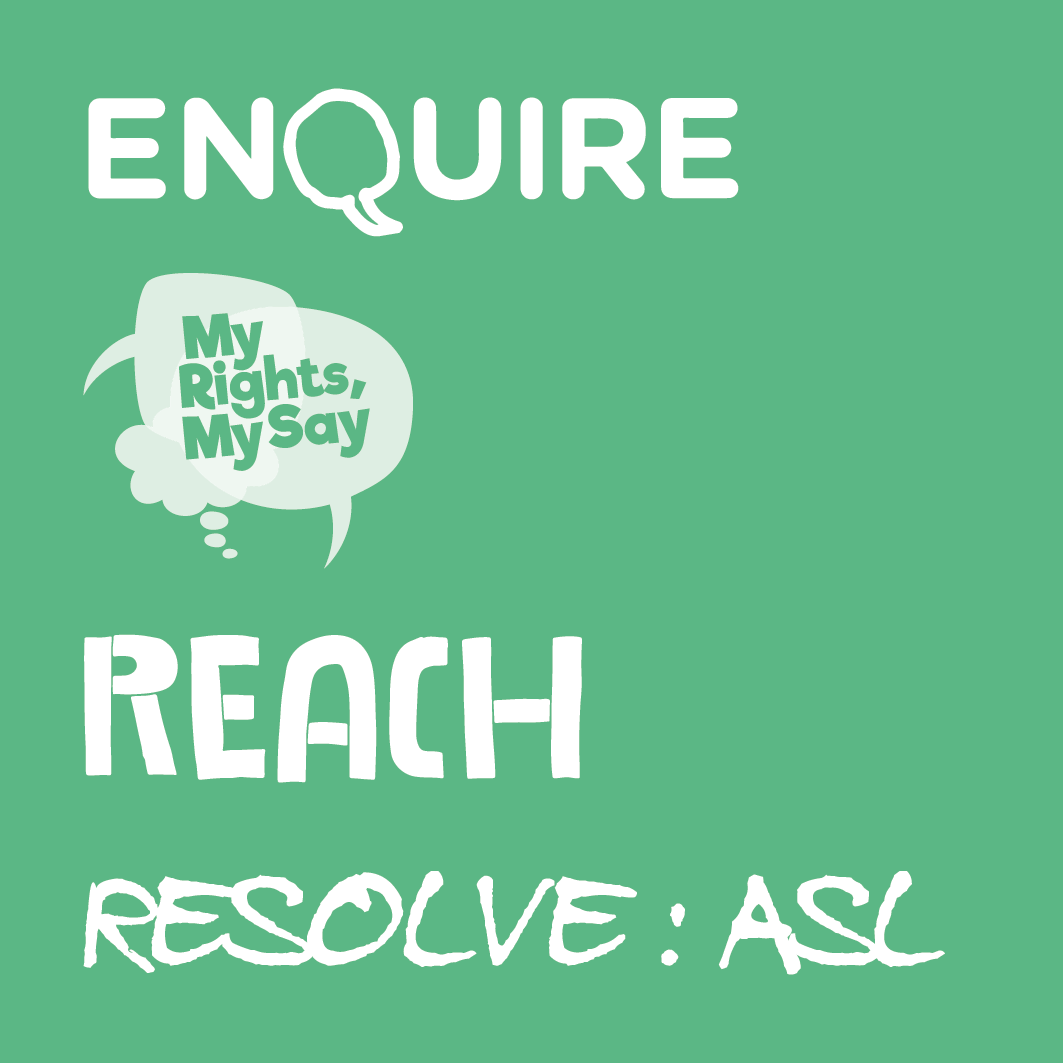
Our services
We offer a range of services that provide support, advice and representation for children and families
Click here for more
Read more like this
Check out our blog for more commentary, membership news and more.
Click here to read